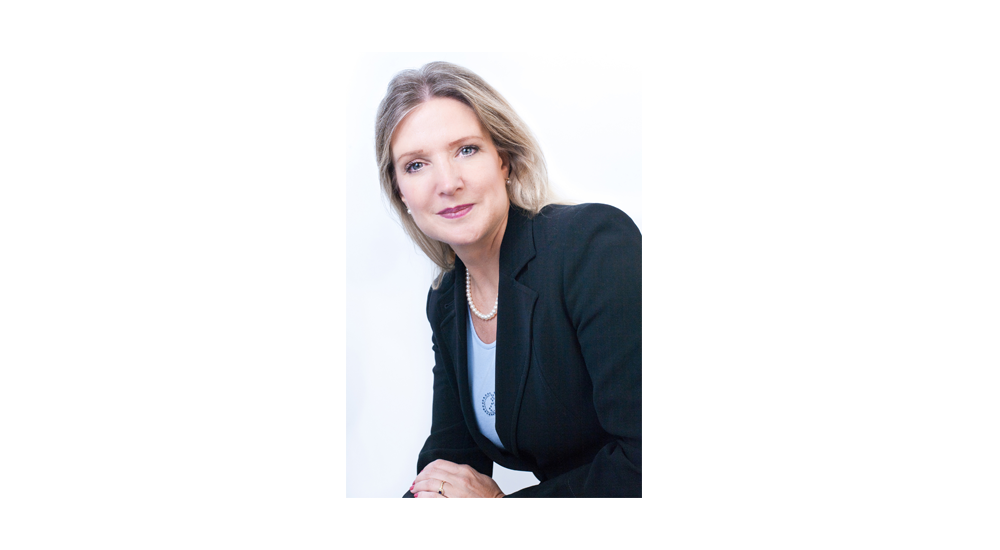We ‘go phishing’ with Dr Angelika Eksteen, CSO, Strategic Security, at Help AG, who tells us about life inside and outside the office.
What would you describe as your most memorable achievement in the cybersecurity industry?
Building my business here in Middle East – when I started to introduce strategic security services to the market, it was not a well-known subject and the need for it was only apparent to a few. Being able to change this, obviously with help from local standards that raised awareness for this matter, is an achievement which is not just good for Help AG, but also for the community as it helps all organisations to be more secure; this is particularly important in light of the latest developments regarding cybercrime.
What first made you think of a career in cybersecurity?
This is a long story of changing from university, where I did pure mathematics, to a job in industry and a more applied science, at that time called ‘information security’. It took some time to make this decision, as I really loved my mathematics, but I have never regretted that step! Evolving from ‘information security’ to ‘cybersecurity’ was just the next logical step.
What style of management philosophy do you employ with your current position?
Only employ people that are better than yourself!
My team is the biggest contributor to success and I do enjoy supporting people and helping them grow into more and more senior positions. I do not believe in micro-management. Rather I give people the room to develop and take responsibility and I also believe in leading by example.
What do you think is the current hot cybersecurity talking point?
Being deeply involved in cybersecurity compliance, I see GDPR as a big development in the space. With the regulation being implemented this year, there will be interesting implications for Middle East businesses as well. Simply stated, any company, even one outside the EU, that is targeting consumers in the EU, will be subject to GDPR. Many EU organisations are therefore becoming highly selective of the partners they choose to work with and Middle East companies will face significant compliance challenges.
In addition to this, the greatest and most powerful transformation in technology I have ever seen is recent, but it outstrips – in my view – any other technology development of the past due to its unique and incredible potential to reform the overall work life: Artificial Intelligence (AI).
The evolution of AI happened silently, and almost not noticed by the public, and will change many, many
jobs, and create big new potentials. But it also has a threat component. The challenge of the future will be to manage this situation successfully.
How do you deal with stress and unwind outside the office?
Dealing with stress obviously requires one to find a way to unwind. There might be many ways of how people do this, for me the best method is horse riding. I am a passionate horse lover since early childhood, and only learned later that this is not just something I love to do, but it is also of the utmost help in dealing with stress! When riding a horse, it is essential to entirely concentrate on the horse – if you are not doing so, in the best case, the exercise will not work, in the worst case, you might find yourself on the ground without having dismounted. Therefore, time with the horse takes all of my mind entirely off work and that is achieving more than a day of holiday!
What do you currently identify as the major areas of investment in the cybersecurity industry?
There are so many different and very interesting developments; the Internet of Things and cloud computing will, from my point of view, play a very influential role in the next years. The impact on the market is far bigger on the longer term, we are currently only seeing the start of it. Another interesting trend is the analytics that will become necessary to make use of big data, this challenge needs big answers.
Are there any differences in the way cybersecurity challenges need to be tackled in the different regions? Middle East, Africa, Europe, Americas.)
The global nature of business means that today, the cyber threats that companies across the world face are essentially the same. That said, the Middle East is nuanced in that many countries have large numbers of expat residents which introduces diverse cultural elements in the workforce. This in turn adds a large degree of variability to one of the fundamental pillars of cybersecurity – the human factor. This is why I believe organisations in the region need to pay special attention to this when developing their processes and cybersecurity frameworks.
What changes to your job role have you seen in the last year and how do you see these developing in the next 12 months?
Technology is changing more and more rapidly, and there are constant challenges which require changing and adapting my job role and responsibility to stay topical with relevant changes. At the same time, I take care not to forget lessons learnt in the past to apply the latest developments in the most beneficial way.
What advice would you offer somebody aspiring to obtain C-level position in the security industry?
Given the technology focus that a lot of people have that work in security, one of the most important things to think of is to develop people skills and ensure sufficient communication in your team. It is good to be an expert in a particular area, but it is also important to trust your people and develop and empower them in a suitable way. Another important aspect is to remain up to date with all the research and emerging topics in cyber security to react to changes in the most beneficial way.
Click below to share this article

